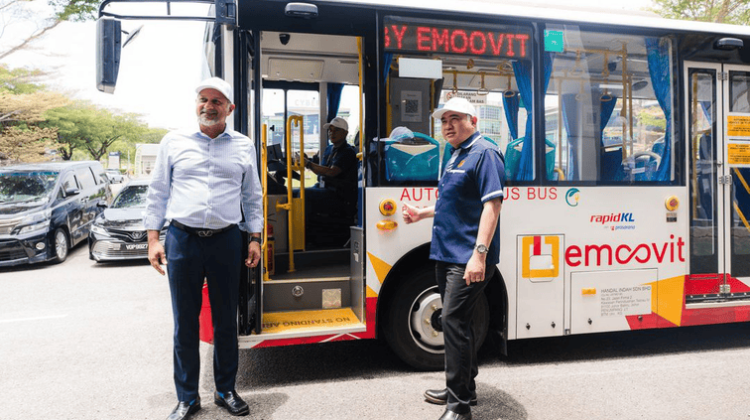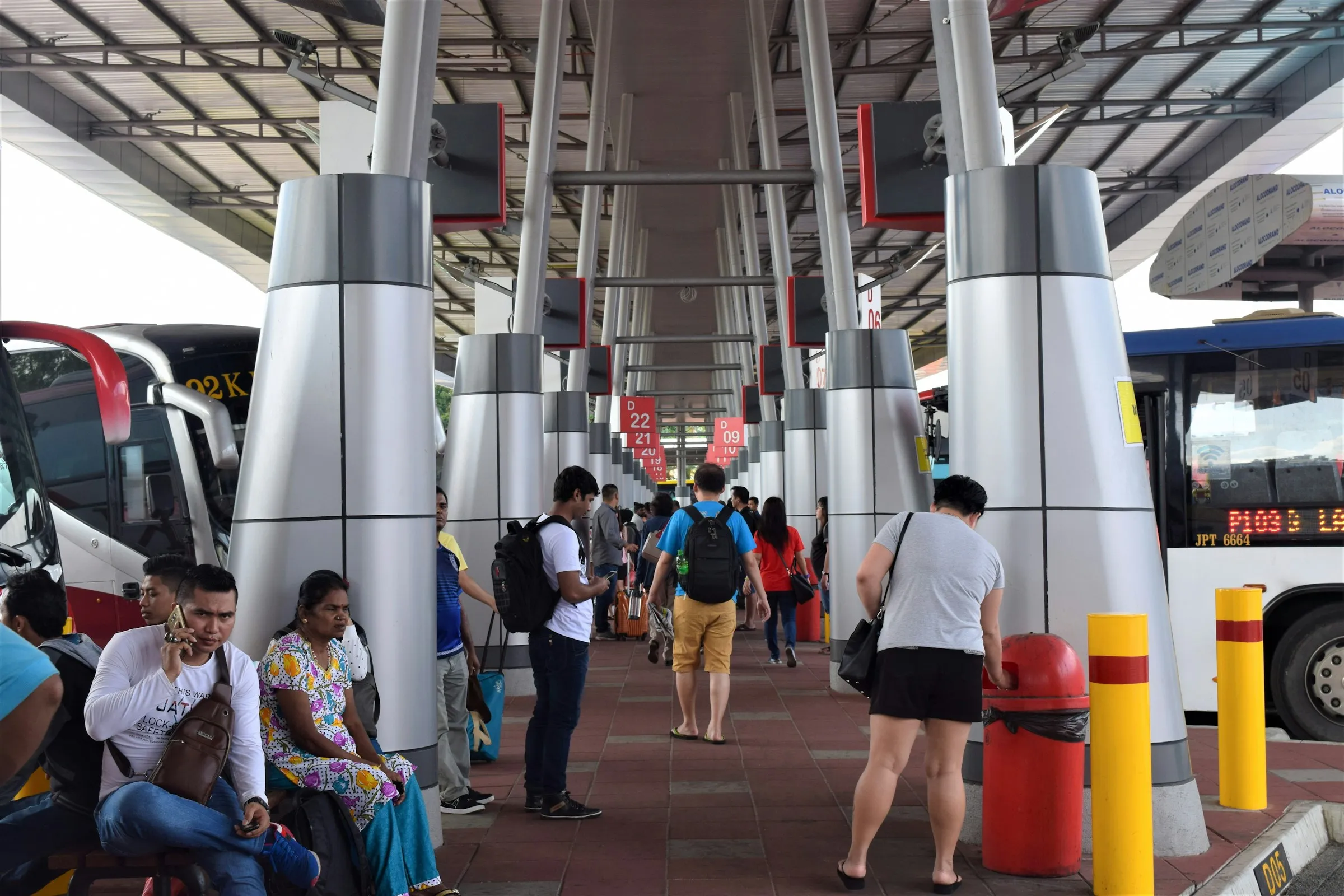As Malaysia prepares to take on the role of ASEAN chair, the country’s ready to showcase its technological advancement with autonomous buses.
Malaysia’s Autonomous Bus Trial Will Start on 23 September in Putrajaya
Malaysia plans to deploy autonomous buses as the country prepares to take on the role of ASEAN chair next year. This autonomous bus initiative is a part of Malaysia’s 5G technology exhibition and the trial will begin on 23 September in Putrajaya.
Digital Minister Gobind Singh said that the autonomous bus initiative is a collaboration between Digital Nasional Bhd (DNB), the nation’s 5G network provider, technology giant Ericsson, and local autonomous vehicle solutions developer eMooVit Technology Sdn Bhd.
“Integrating 5G applications in autonomous public vehicles such as the ones demonstrated today will boost the overall experience for the users, allowing them to feel safer and stay better connected,” said Gobind, as reported by the Bernama news agency, during a presentation of the bus.
“This is in line with the government’s efforts to transform Malaysia into a digital nation, where digital technology such as 5G can significantly improve public services, businesses as well as communities,” he added.
The Importance of 5G
This collaboration followed a Memorandum of Understanding (MoU), signed in May 2024, and involves proof-of-concept trials of 5G use cases such as in-vehicle public wi-fi, real-time remote vehicle monitoring, and journey log collection. According to Gobind, the buses have covered 1,000 kilometres during the POC trials.
“Once commercialised, these use cases, which include in-vehicle closed-circuit television (CCTV) and real-time telemetry data monitoring, will make autonomous bus rides safer and more reliable for passengers, as well as help improve cost efficiency for the bus operator,” he added.
5G technology is the most important part of autonomous vehicles because it allows data to be carried in large amounts with low latency, hence making it accessible in real time. In the future, Gobind said, use case trials will include the integration of autonomous buses with smart city infrastructure and remote driving emergencies.
Malaysia, in particular, is at an advantage given its excellent 5G connectivity. “Malaysia‘s 5G network deployed by DNB now covers 82 per cent of populated areas as of end-August. It has been globally recognised as one of the best in the region and the world,” explained Gobind.
Autonomous Vehicles Around the World
Currently, autonomous public transportation is being trialled and deployed in many cities across the globe, from Shanghai to Hamburg. Meanwhile, in May this year, the United Kingdom introduced the Automated Vehicles Act which could see self-driving vehicles on its roads by 2026.
“Now, we’re seeing the same technology being developed in Malaysia by a Malaysian company. Each autonomous vehicle’s system is customised to the road and traffic conditions, passenger demands, and local laws,” he said.
At the same event, Transport Minister Anthony Loke stated that amendments to the Road Transport Act are necessary to adapt to the current state of autonomous vehicle development. He even said that his ministry is “prepared to facilitate the use of autonomous buses by amending several laws to promote vehicle digitalisation”.
“We need to be open about this matter because it is a global technological advancement. We must look ahead because maybe in 10 or 20 years transportation systems may no longer rely on human drivers,” Loke said.








